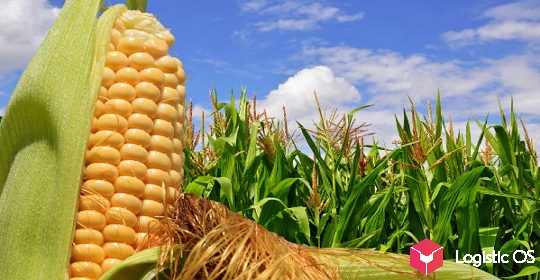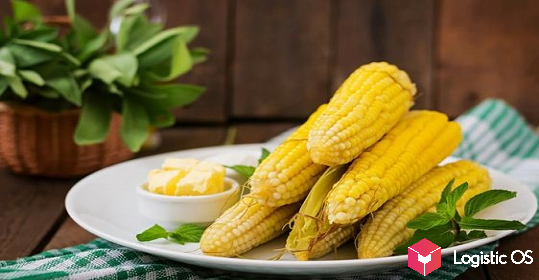Due to the reduction in sown areas and unfavorable weather conditions, European farmers have negative expectations for the current season.
According to the latest data, the total sown area under grain in the European Union has decreased from 50.3 million hectares to 49.6 million. This is one of the smallest results in the current century, which in itself could have caused a record drop in yields.
In addition, European farmers were plagued by unfavorable weather conditions for a significant part of the season.
For example, at the end of 2023, when winter crops were being sown, there was a significant amount of precipitation, and the season as a whole was quite rainy. This negatively affected the vegetation of grain in all major grain-producing countries in the EU, including France, Germany and Poland.
As for the Black Sea region, on the contrary, there were problems with drought, so hopes for good harvests in Bulgaria and Romania were also not justified.
Moreover, in September, Europeans also had to deal with a severe flood known as Storm Boris.
It caused the greatest damage to grain production in Germany, as well as some other countries, mainly located in central Europe.
As a result, according to the European Commission, the total grain production in the EU this season is unlikely to exceed 261 million tons.
This is significantly less than the 270 million tons that occurred last season. At the same time, the 2022-2023 season was also far from a record, since the average grain harvest in the EU over the past 5 years is at around 280 million tons.
In other words, today we are seeing a significant drop compared to the average harvest.
In addition to the quantitative decline, experts also report a drop in grain quality.
In particular, this concerns natural weight and protein content. French farmers have experienced the greatest drop in quality: to get a ton of flour this year, 5-6 kg more grain is needed than usual.
At the same time, French wheat has always been in the highest demand on the world market, but there are concerns that this time both supplies and demand will fall.
According to a number of analysts, the reduction in French grain exports could be up to 60%, and the worst thing for French agricultural producers is that the vacated niche could be filled by other countries.
In the current situation, European farmers would like to hope that the next season will be more successful, but now that sowing has already begun, weather conditions are again unfavorable, since a significant part of Europe is currently experiencing drought.

